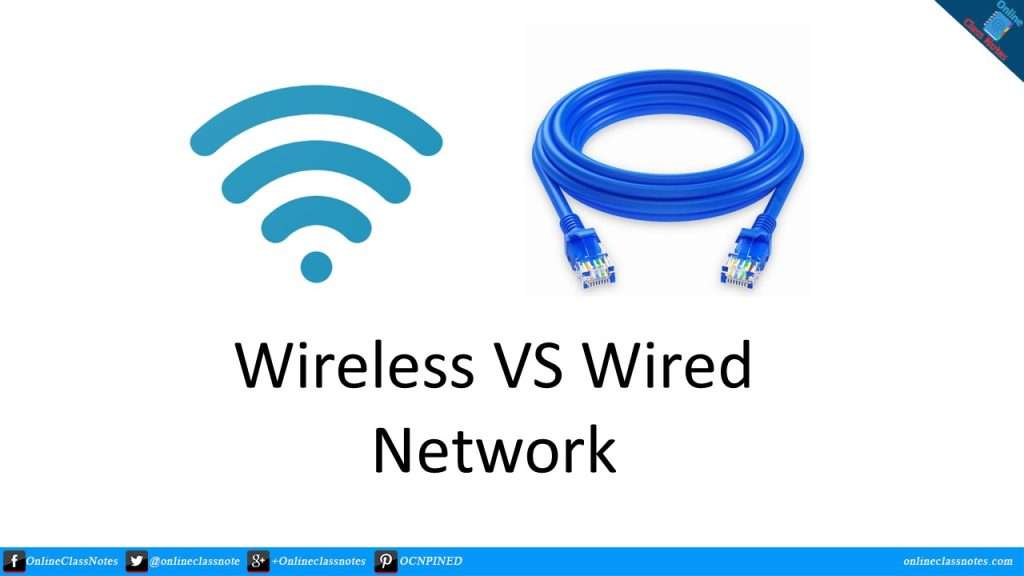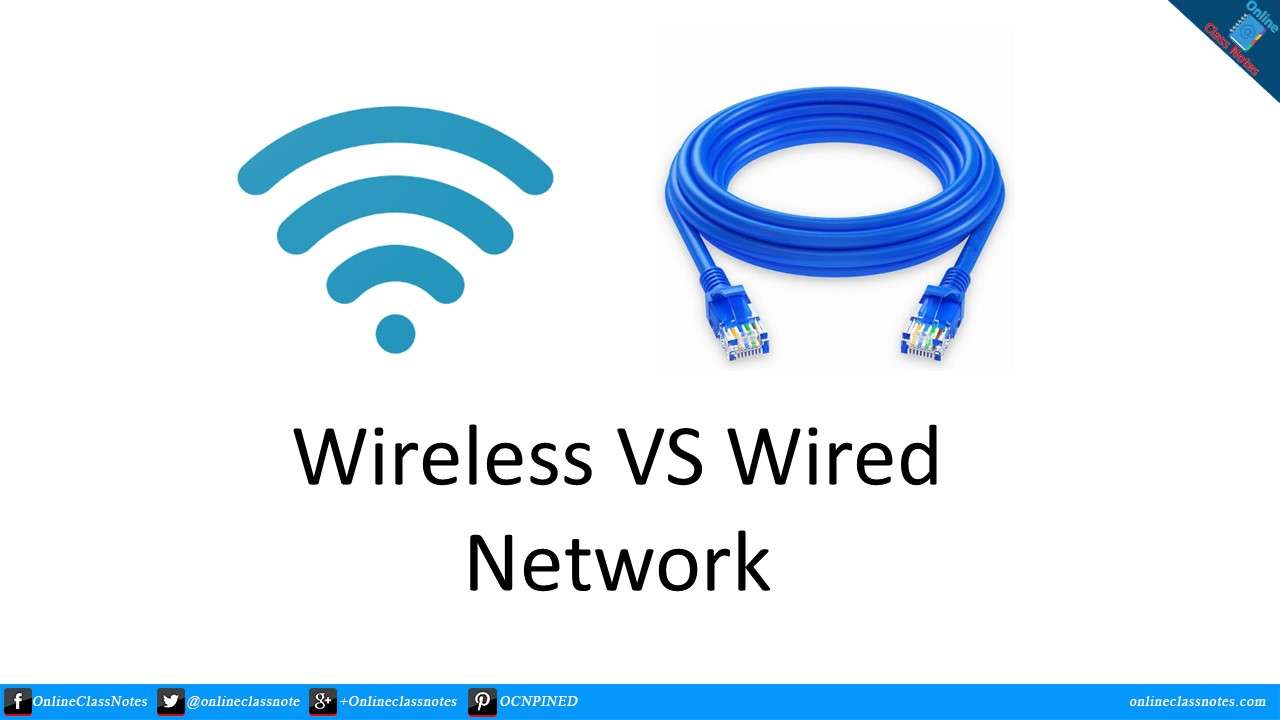Advantages and Disadvantages of Wired and Wireless Networks
The evolution of technology has led to the development of various networking systems. These systems connect devices together for efficient communication and sharing of resources. Wired and wireless networks are two of the most popular types of networks available today. Both types of networks have their own advantages and disadvantages.
Wired Networks
Wired networks refer to the use of cables to connect devices together. This type of network is typically used in places where there is a need for a stable and secure connection. One of the main advantages of wired networks is that they offer a fast and reliable connection. This is because the cables used in a wired network are shielded. And that is why the wires are protected from interference and can transmit data at high speeds.
Another advantage of wired networks is that they are more secure than wireless networks. Since the devices are connected via cables, it is difficult for unauthorized users to gain access to the network. This is particularly important for businesses that handle sensitive information and want to ensure that their data is protected from cyber threats.
However, one of the main disadvantages of wired networks is that they can be expensive to set up. This is because installing cables can be time-consuming and might require special skills. Additionally, cables can be difficult to manage, particularly in large networks. This can make it challenging for network administrators to troubleshoot problems or make changes to the network.

Wireless Networks
Wireless networks, on the other hand, use radio waves to connect devices together. This type of network is popular in places where there is a need for a flexible and mobile connection. One of the main advantages of wireless networks is that they are easy to set up and manage. This is because there are no cables, and users can connect to the network using their smartphones, tablets, laptops, or other wireless devices.
Another advantage of wireless networks is that they offer greater flexibility and mobility. Since there are no cables, users can move around freely and access the network from anywhere within range. This is particularly important for businesses that have employees who need to work remotely or move around the office.
However, one of the main disadvantages of wireless networks is that they are less secure than wired networks. Unauthorized users can intercept radio waves and gain access to the network. This can be particularly problematic for businesses that handle sensitive information, as it can lead to data breaches and other security issues.
Conclusion
In conclusion, both wired and wireless networks have their own advantages and disadvantages. Wired networks offer a fast and reliable connection, as well as greater security. However, they can be expensive to set up and manage. Wireless networks, on the other hand, are easy to set up and offer greater flexibility and mobility. However, they are less secure than wired networks. Ultimately, the choice between wired and wireless networks will depend on the specific needs of the user and the level of security and reliability they require.
